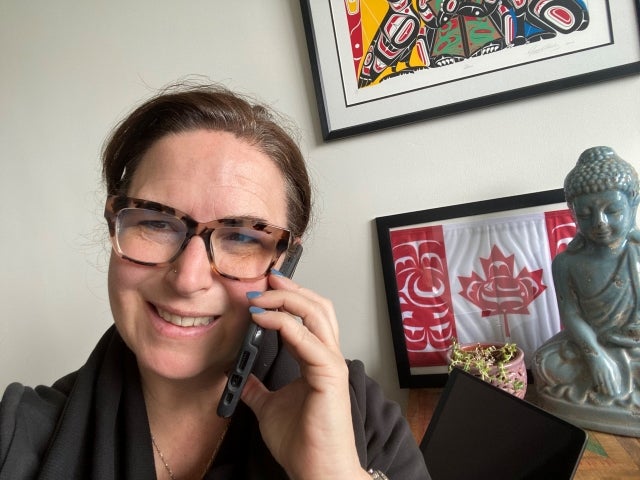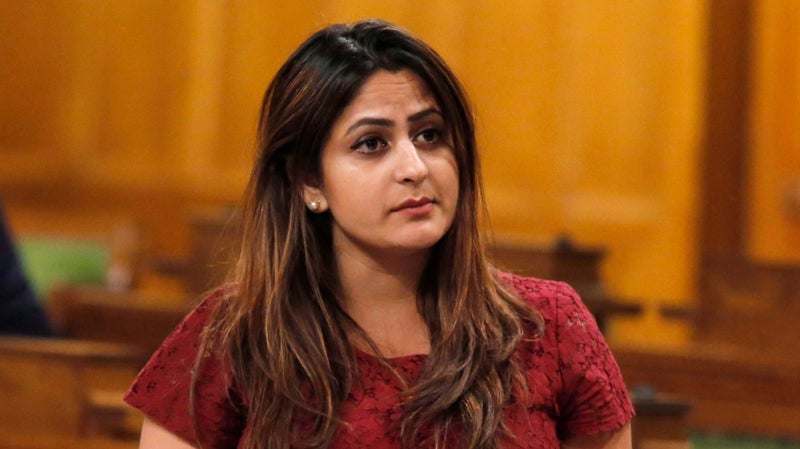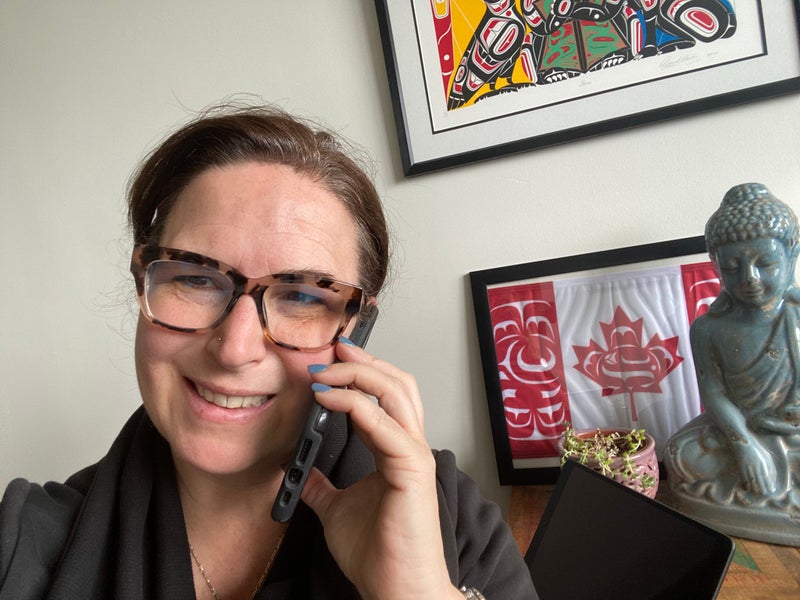Report on Parliament


Michael J. Cohen
Federal government introduces new ministers for disability and mental health files
Two portfolios pertinent to the mandate of this newspaper have changed hand.
There is a new minister of Diversity, Inclusion and Persons with Disabilities in Kamal Khera. She succeeds Carla Qualtrough, now the sports minister, whose dossier title at the time had been Employment, Workforce Development and Disability Inclusion. Qualtrough had brought a unique perspective to the job given the fact she is legally blind. Some disability advocates believe that Khera’s previous experience as a nurse in Brampton, Ontario, and as the former minister for seniors provides her with “a rich understanding” of important components of the disability file.

Kamal Khera, minister of Diversity, Inclusion and Persons with Disabilities.
Liberal Ontario MP for York Centre Ya’ara Saks is the new minister of Mental Health and Addictions and associate minister of Health. She succeeds Caroline Bennett, who won’t be seeking re-election after 26 years of service. Following the 2021 general election, Saks was named parliamentary secretary to the minister of Families, Children and Social Development. Prior to her election, she was a co-owner of a yoga studio and director of a mental health charity. She is now tasked with addressing Canada’s opioid crisis and overseeing the establishment of the 988 Lifeline, a suicide prevention hotline, which is expected to come this fall.

Ya’ara Saks, minister of Mental Health and Addictions and associate minister of Health.
Funding for the CNIB
The Canadian National Institute for the Blind (CNIB) has received a funding commitment from the Government of Canada’s Digital Literacy Exchange Program intended to expand fundamental digital literacy skills training to Canadians living with sight loss and ensure more people within this population can access the internet. It will also support the development of trainers so people can keep their skills current with new technologies and teaching methods. Examples of training topics include screen-reading software, optical character recognition, braille display, speech recognition software, accessible device features, awareness and educational training about the risks of the online environment. Training will be offered in a variety of formats and locations both online and in-person at partnering local public libraries.
“Our government knows that Canada thrives when no one gets left behind. And in today’s reality, understanding digital technology and being able to use the internet safely, securely, and effectively are vital, which is why we are committed to ensuring that all Canadians have the skills to access information and opportunities online,” said François-Philippe Champagne, minister of Innovation, Science and Industry in a press release. “Therefore, through our Digital Literacy Exchange Program, we’re proud to support CNIB’s initiative to provide digital literacy skills training to Canadians with sight loss and intersecting social identities.”
Historic Canadian Disability Benefit Act approved in June
By Randy Pinsky
After years of lobbying, the landmark Canadian Disability Benefit Act (Bill C-22) gained royal assent on June 22. The federal income supplement is intended “to reduce poverty and create financial security for working-age Canadians with disabilities,” announced Carla Qualtrough, then minister of Employment, Workforce Development and Disability Inclusion.
The motivation behind the bill was the fact that this cohort has a higher likelihood of being low-income than their non-disabled counterparts, for social, economic and other reasons. While the bill – the first of its kind and “a cornerstone of [Canada]’s Disability Inclusion Action Plan” as stated by the government of Canada – bears much promise, several in the disability community view it with cautious optimism as details remain unknown.
The government has emphasized it will work in the spirit of “Nothing Without Us” in accordance with the Accessible Canada Act, which specifies that “persons with disabilities must be involved in the development and design of laws, policies, programs, services and structures.”









